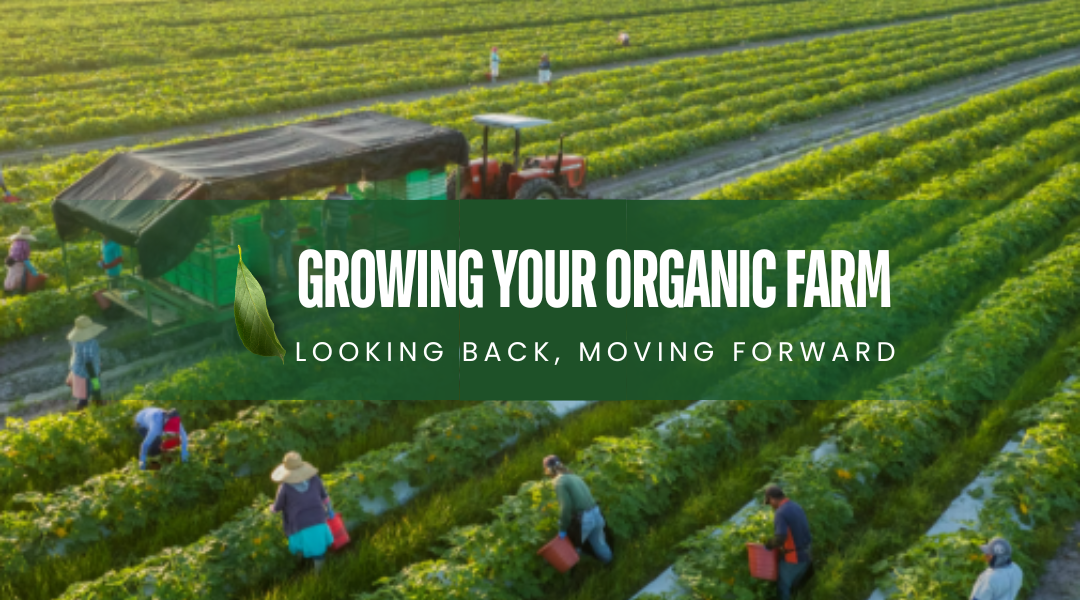Organic farming isn’t just a way to grow food—it’s a mindset. If you’ve made it this far, you’ve already weathered the steepest part of the learning curve. Now’s the time to take stock of what’s working, where you’re headed, and how to keep improving without burning out.
1. Taking Stock: What’s Working (and What’s Not)
Every farmer hits moments where things don’t go as planned. Maybe your first season’s tomato yield was underwhelming, or aphids took over your kale. Instead of seeing these as setbacks, treat them as field research.
Ask yourself:
- What surprised me this year? (Good or bad—both are useful.)
- Did my soil feel healthier by season’s end? (Crumbly and alive, or still compacted?)
- What’s selling best? (Hint: If your farmers’ market customers beg for more of your garlic scapes, plant extra next year.)
Keep a notebook—not just for crop rotations, but for observations. Did the marigolds you planted as a pest deterrent actually help? Did that new compost recipe boost growth? Small details add up.
2. Scaling Up Without Selling Out
Once you’ve got a rhythm, it’s tempting to go bigger fast. But organic farming isn’t about maxing out acreage—it’s about working smarter.
Smart expansion looks like:
- Adding high-value crops—Microgreens or specialty herbs can triple profits without needing more space.
- Partnering with neighbors—Split the cost of a seed drill or share harvests to fill CSA boxes.
- Building soil, not just crops—If you’re scaling up, invest in cover crops and compost systems first.
Diversify like nature does:
- Try “stacked” planting—grow quick radishes between slower cabbages.
- Add a small flock of chickens (they’ll eat pests and fertilize as they go).
- Test one new crop per season—this year, saffron; next year, maybe shiitake logs.
3. Never Stop Learning (Because the Land Never Stops Teaching)
The best organic farmers are eternal students. Luckily, you’re not in this alone.
Ways to keep growing:
- Find your tribe—Join a regional organic growers’ alliance or an online forum like Reddit’s r/OrganicFarming.
- Learn from the olds—Seek out a retired farmer who remembers pre-chemical agriculture. Buy them coffee and take notes.
- Experiment fearlessly—Next season, leave one row un-mulched. Try burying fish heads under your corn. Observe what happens.
Pro tip: Your local ag extension office likely offers free soil testing and pest ID services—use them.
The Long Game
This isn’t about perfection. It’s about paying attention, adapting, and respecting the limits of your land. Some years, the weather will humble you. Other years, your persistence will pay off in ways you never expected.
The farmers who last are the ones who love the process as much as the harvest. Keep your eyes open, your hands dirty, and your mind curious. However your farm evolves, let it be an honest reflection of what you—and the earth—do best.
